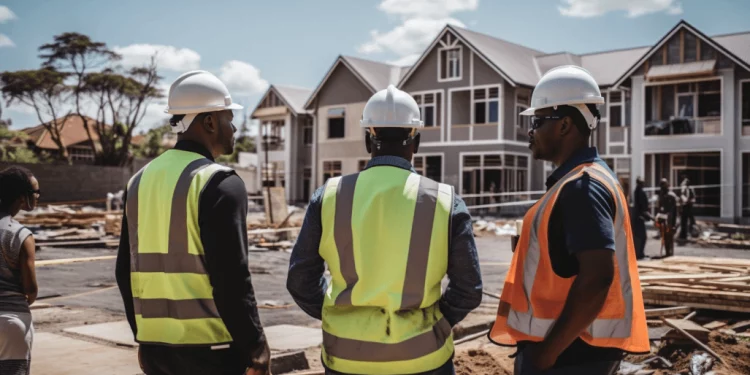Feasibility studies play a pivotal role in the success of real estate development projects. As the Real Estate market continues to expand, both developers and investors increasingly rely on these comprehensive assessments to make informed decisions about potential ventures.
A feasibility study is an in-depth analysis conducted to determine the viability of a proposed real estate project. It evaluates various factors, including economic, technical, legal, and financial considerations, to assess whether a project is likely to succeed. The goal is to provide stakeholders with a clear understanding of the risks, costs, and potential returns associated with the project.
Key Components of a Feasibility Study
- Market Analysis: One of the first steps in a feasibility study is to analyze the current market conditions. This includes assessing supply and demand dynamics, identifying target demographics, and understanding the competitive landscape. A thorough market analysis helps in determining the project’s potential for success and identifying any gaps that the project might fill.
- Financial Analysis: A detailed financial analysis is crucial in determining the project’s economic viability. This includes estimating costs, projecting revenues, and calculating key financial metrics such as return on investment (ROI) and net present value (NPV). Financial analysis helps stakeholders understand the potential profitability and financial risks of the project.
- Economic Impact Assessment: This component evaluates the broader economic implications of the project, such as job creation, tax revenue generation, and overall contribution to the local economy. An economic impact assessment is particularly important for projects that seek government support or public-private partnerships.
- Legal and Regulatory Review: Navigating the complex legal and regulatory landscape is essential for any real estate project. A feasibility study includes a review of zoning laws, environmental regulations, and other legal requirements that could impact the project’s execution. This helps in identifying any potential legal hurdles early in the planning process.
- Technical Feasibility: This aspect examines the practical aspects of the project, such as site suitability, infrastructure availability, and construction feasibility. It also considers the technical challenges that might arise during the development process and how they can be addressed.
Why Conduct a Feasibility Study?
Conducting a feasibility study offers several benefits, including:
- Risk Mitigation: By identifying potential challenges and risks early, developers can make informed decisions that reduce the likelihood of project failure.
- Informed Decision-Making: Feasibility studies provide stakeholders with the data and insights needed to make well-informed decisions about whether to proceed with a project.
- Securing Financing: A well-prepared feasibility study can be instrumental in securing financing from banks, investors, and other financial institutions. It demonstrates that the project has been thoroughly vetted and is likely to succeed.
- Strategic Planning: The insights gained from a feasibility study can guide the strategic planning and development process, ensuring that the project is executed efficiently and effectively.
In an increasingly competitive Real Estate market, feasibility studies are not just an option—they are a necessity. By providing a comprehensive assessment of a project’s potential, feasibility studies help developers and investors make informed decisions, mitigate risks, and ultimately, increase the chances of a successful real estate venture. Whether you’re planning a residential, commercial, or mixed-use development, a feasibility study is an invaluable tool that can guide your project from concept to completion.


















